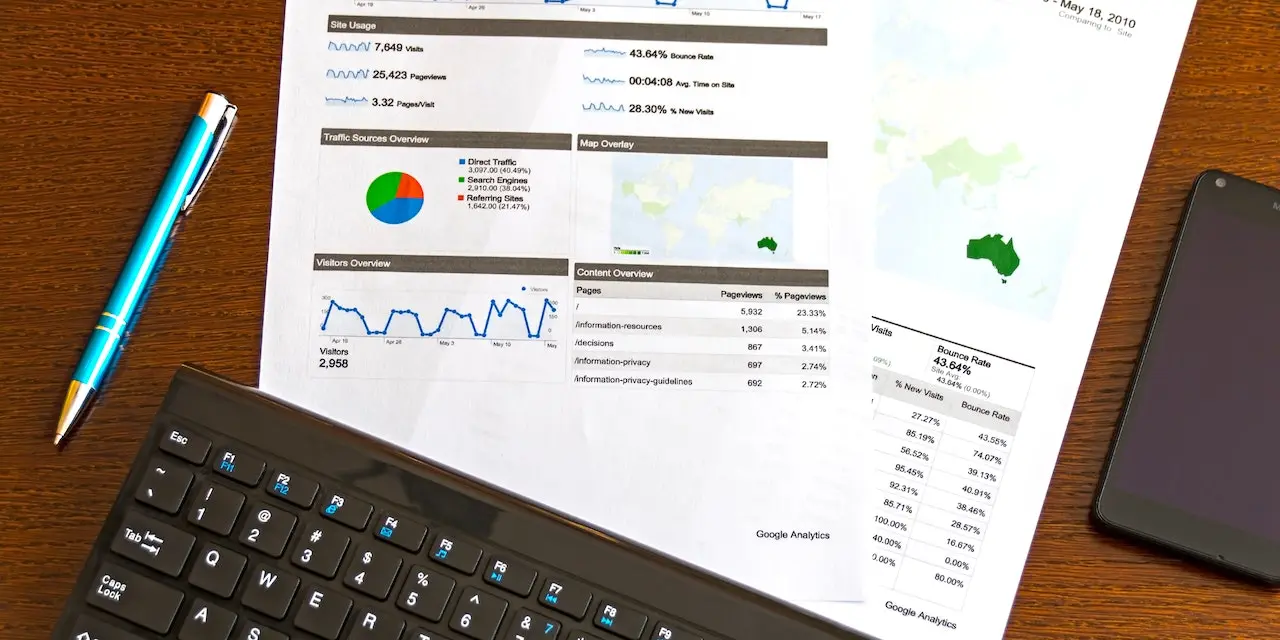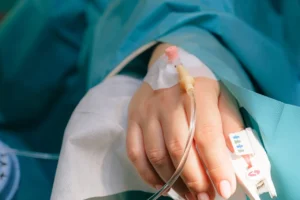
Roche and Alnylam report positive topline results from Phase 2 study KARDIA-1 of zilebesiran, an investigational RNAi therapeutic in development to treat hypertension in patients at high risk of cardiovascular disease
Roche (SIX: RO, ROG; OTCQX: RHHBY) and Alnylam announced today that the Phase 2 study KARDIA-1 of zilebesiran, an investigational RNAi therapeutic targeting liver-expressed angiotensinogen (AGT), met the primary endpoint. Zilebesiran demonstrated a clinically significant reduction in 24-hour mean systolic blood pressure (SBP) at month three, achieving a placebo-subtracted reduction greater than 15 mmHg with both 300 and 600 mg doses (p < 0.0001). The study also met key secondary endpoints showing consistent and sustained reductions of SBP at six months supporting quarterly or biannual dosing. In addition, the study showed that zilebesiran was associated with a potent and durable reduction of serum AGT levels through month six while demonstrating an encouraging safety and tolerability profile.
“These early results indicate the potential for zilebesiran to achieve sustained blood pressure reduction with quarterly or biannual dosing,” said Levi Garraway, M.D., Ph.D., Roche’s Chief Medical Officer and Head of Global Product Development. “Also, these data underscore the potential of this investigational medicine to provide transformative impact for many people living with uncontrolled hypertension.’’
The Phase 2 trial KARDIA-1 is a randomised, double-blind, placebo-controlled, multi-centre global dose-ranging study designed to evaluate the efficacy and safety of zilebesiran as monotherapy in adults with mild-to-moderate hypertension. The study enrolled 394 adults representing a diverse patient population with untreated hypertension or who were on stable therapy with one or more anti-hypertensive medications (after a washout period).
Hypertension is a growing global health crisis responsible for around 10 million deaths worldwide each year. Approximately one in three adults are living with hypertension globally, with up to 80% of individuals remaining uncontrolled despite the availability of several classes of oral anti-hypertensive treatments leaving them at an increased risk of cardiovascular, cerebrovascular and renal disease.
Source link:https://www.roche.com/




